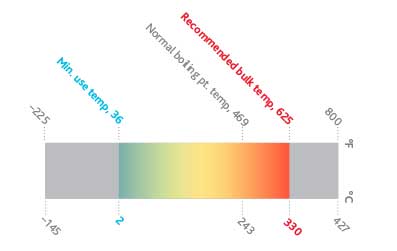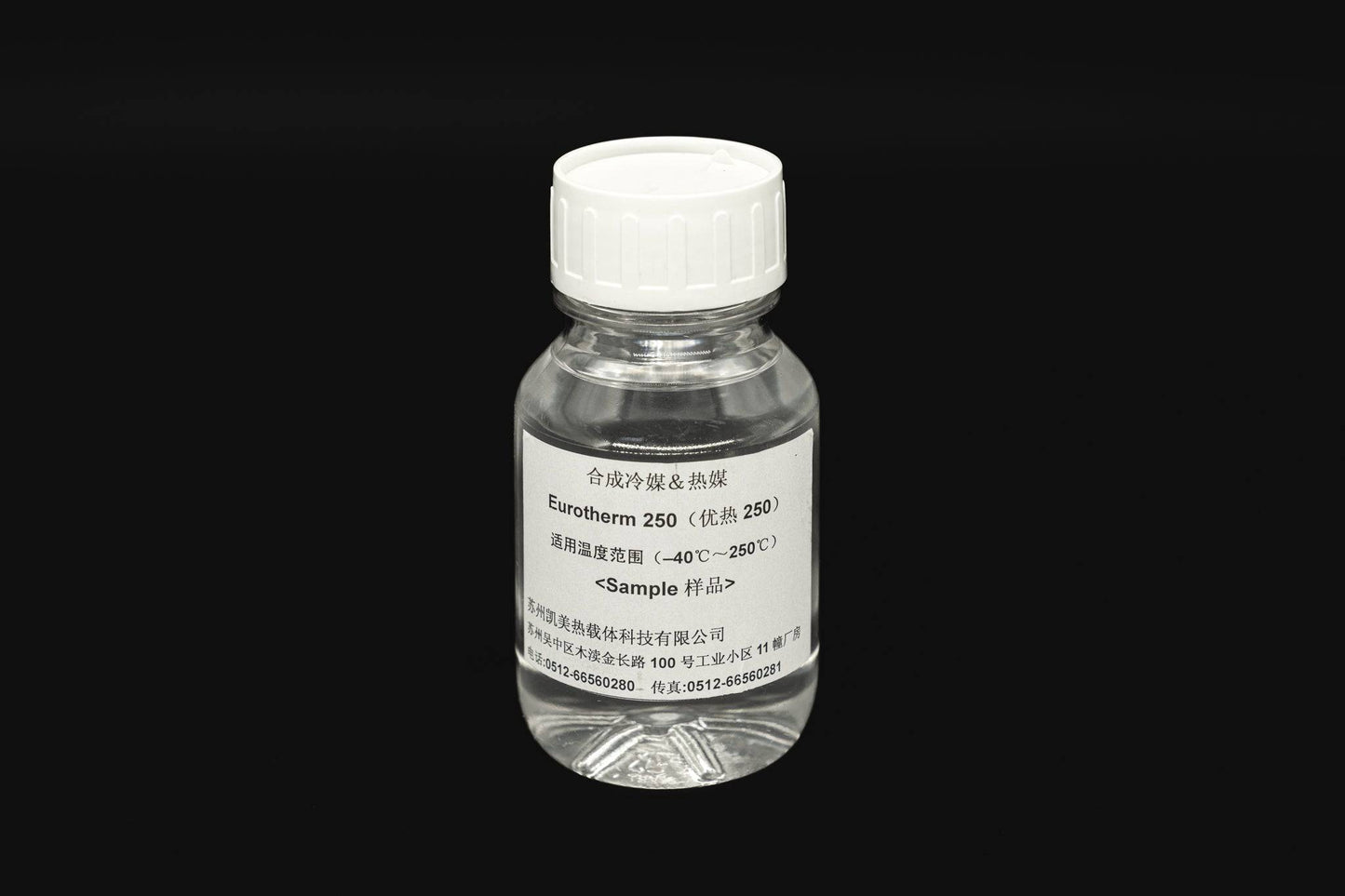Heat Transfer Fluid: Vital for Optimizing Industrial Heating and Cooling Equipments
Heat Transfer Fluid: Vital for Optimizing Industrial Heating and Cooling Equipments
Blog Article
How Warm Transfer Liquid Adds to Lasting and Cost-Effective Operations
In the modern commercial landscape, the role of warmth transfer liquids (HTFs) in advertising lasting and affordable operations can not be overemphasized. These fluids are crucial in enhancing thermal management systems, therefore substantially enhancing power effectiveness and decreasing functional expenses. The environmental advantages of sophisticated HTFs, with their high thermal stability and low poisoning, are indisputable. They not just extend system long life however also contribute to the decrease of damaging exhausts. Yet, truth potential of HTFs is recognized through the meticulous choice procedure, making sure compatibility and security. However what variables should guide this important selection?
Comprehending Warmth Transfer Fluids
In the realm of thermal management, warmth transfer fluids (HTFs) serve as important agents for moving thermal energy from one area to an additional. These liquids play a critical role in numerous industrial applications, consisting of chemical handling, power generation, and HVAC systems.
The composition of warmth transfer fluids can differ substantially, including alternatives such as mineral oils, synthetic oils, glycols, and molten salts. Each kind uses distinct benefits, such as enhanced thermal security, low viscosity, and high boiling points, which are chosen based on certain operational needs. The option of HTF impacts not only the performance of heat transfer yet additionally the durability and safety and security of the system in which it is utilized.
As industries continue to innovate, the advancement of innovative HTFs, characterized by their improved thermal conductivity and minimized ecological influence, is essential for satisfying the demands of modern thermal administration difficulties.

Enhancing Energy Efficiency

Improving power performance has actually come to be an extremely important issue throughout numerous sectors, prompting a closer examination of heat transfer liquids' role in enhancing thermal management systems. These fluids are indispensable to keeping the wanted temperature level in procedures, therefore minimizing power waste and boosting total system efficiency. By choosing a proper warm transfer fluid, industries can substantially enhance their energy performance, leading to lowered power usage.

Advanced formulas of warm transfer fluids have actually been developed to endure extreme temperature levels while keeping security and performance. Boosting energy performance through ideal heat transfer liquid option is not just a technical need but likewise an ecological critical.
Decreasing Functional Expenses
Functional expenses are a considerable consideration for sectors seeking to preserve affordable benefit, and the choice of heat transfer liquid plays a vital role in expense monitoring. Selecting a proper heat transfer liquid can bring about considerable cost savings by improving system effectiveness and minimizing power consumption. High-performance liquids lessen thermal deterioration, which in turn reduces the frequency of liquid substitute and downtime connected with upkeep, consequently reducing functional expenses.
Furthermore, warmth transfer fluids with premium thermal stability and corrosion resistance extend the lifespan of devices. This decreases the requirement for regular repair services and replacements, which can be expensive and turbulent to operations. By buying premium liquids, markets can accomplish long-term decreases in maintenance prices and boost the dependability of their systems.
In addition, progressed heat transfer fluids typically show reduced thickness at running temperature levels, which boosts pump effectiveness and lowers power usage in liquid flow. This optimization of power intake directly converts right into reduced operational costs. Additionally, numerous modern-day warmth transfer liquids link are crafted to run successfully read here over a wide temperature level range, decreasing the demand for several liquid types, therefore improving stock needs and reducing connected expenses. These aspects collectively add to more lasting and affordable operations.
Environmental Impact Reduction
The push towards reducing ecological influence has acquired momentum in industries leveraging heat transfer fluids. Business are significantly identifying the relevance of minimizing ecological impacts by taking on lasting practices. Heat transfer fluids (HTFs) play an important function in this shift, providing opportunities to enhance power effectiveness and reduce exhausts. By picking HTFs with high thermal security and low toxicity, markets can make sure very little leakage and degradation, hence lessening dangerous environmental releases.
Moreover, the usage of advanced heat transfer fluids contributes to better system effectiveness, decreasing the total power consumption. This decrease not only causes cost financial savings however likewise lowers co2 emissions, assisting in the fight versus climate adjustment. Liquids that are eco-friendly and recyclable even more enhance sustainability efforts, as they lessen waste and promote round economy methods.
Additionally, integrating HTFs right into closed-loop systems stops fluid loss and contamination of the surrounding setting. This method makes certain that fluids are reused, minimizing the need for new sources and restricting waste generation. By embracing these ecologically aware methods, industries can dramatically diminish their environmental influence while keeping high operational effectiveness, lining up with international sustainability objectives and regulatory demands.
Selecting the Right HTF
Selecting the suitable heat transfer fluid (HTF) is an important step in advancing ecological sustainability within commercial procedures - heat transfer fluid. An excellent HTF should have a high thermal capacity, low thickness, and high thermal conductivity to guarantee effective warm transfer.
When selecting an HTF, it is vital to consider its compatibility with system products to stay clear of rust and chain reaction. This makes certain long life and minimizes maintenance costs. The you could try this out fluid should be safe and naturally degradable, reducing its ecological impact and making sure compliance with ecological guidelines. The lifecycle cost of the HTF, incorporating purchase, operation, and disposal, must likewise be reviewed to make certain financial expediency.
Verdict

Report this page